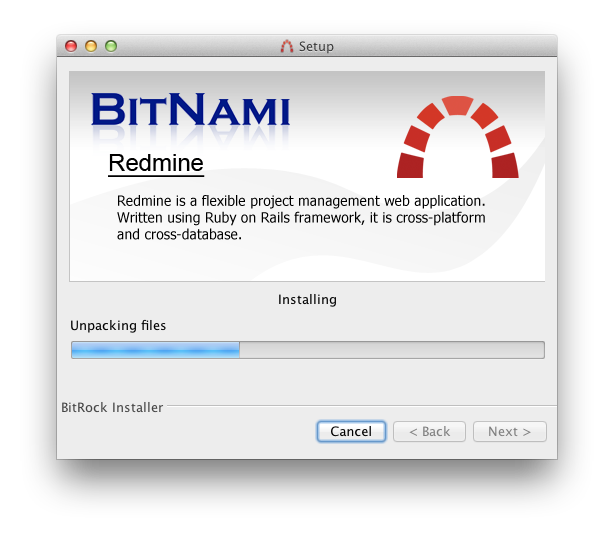

You might also try to use the Redmine API to gather the necessary data. Depending on your setup, this might result in timeouts of your webserver. Note that there are limits of how many issues can be exported at once and that it might take a long time to create the files. Alternatively, you can also export the current fields of multiple issues as a CSV file (without the history).
#ADD SSL CERTIFICATE TO BITNAMI REDMINE PDF#
Issues can be exported as PDF files (including all history) by clicking on Also available as: PDF on an individual issue or issue lists.There, you can find an Also available as: HTML link at the bottom to export the entire wiki. For wikis, you can find an export option on one of the index pages linked in the sidebar.>mysql -ubitnami -pP8833838G bitnamiredmine > redminebackup.sql. The software is licensed to you subject to one or more open source licenses and VMware provides the software on an AS-IS basis. The respective trademarks mentioned in the offerings are owned by the respective companies, and use of them does not imply any affiliation or endorsement. Still, there are ways in Redmine to export data in human-readable form: Enable HTTPS support with SSL certificates on Windows. These software listings are packaged by Bitnami. ) it's not clear what exactly belongs to this project, partly also because a later import of the exported files are even harder. Beitrags-Autor: Beitrag veröffentlicht: 28. With that being said, there is no built-in way to export entire projects in Redmine, partly because with global data (such as users, trackers, issue statuses, shared versions, cross-project relations. Also, the data is not really browsable on its own. However, with that approach, you would ship all data contained in the Redmine to your customer, including unrelated projects and potentially private data. ) and ship it to the customer as described by Jota Martos in his answer.

You can export your whole Redmine installation (that is the database, uploaded files.


 0 kommentar(er)
0 kommentar(er)
